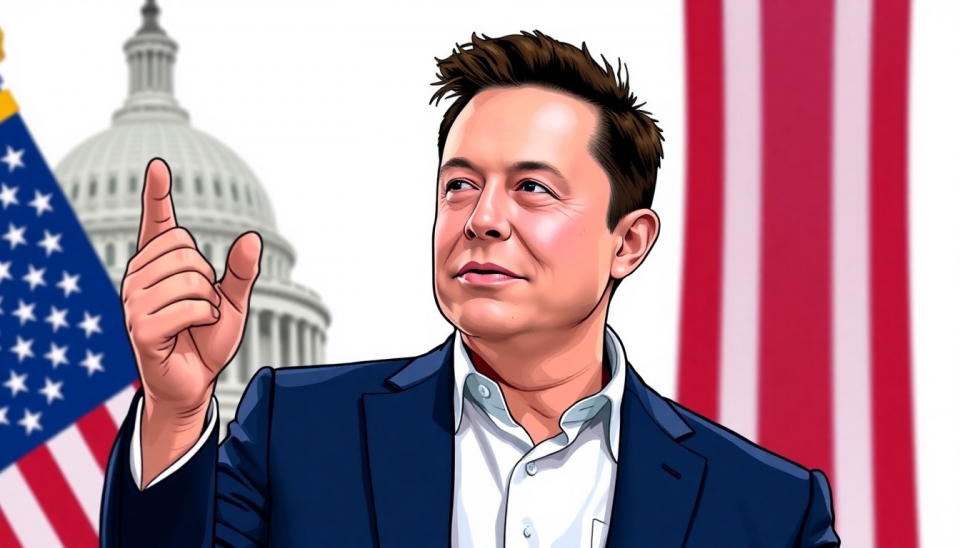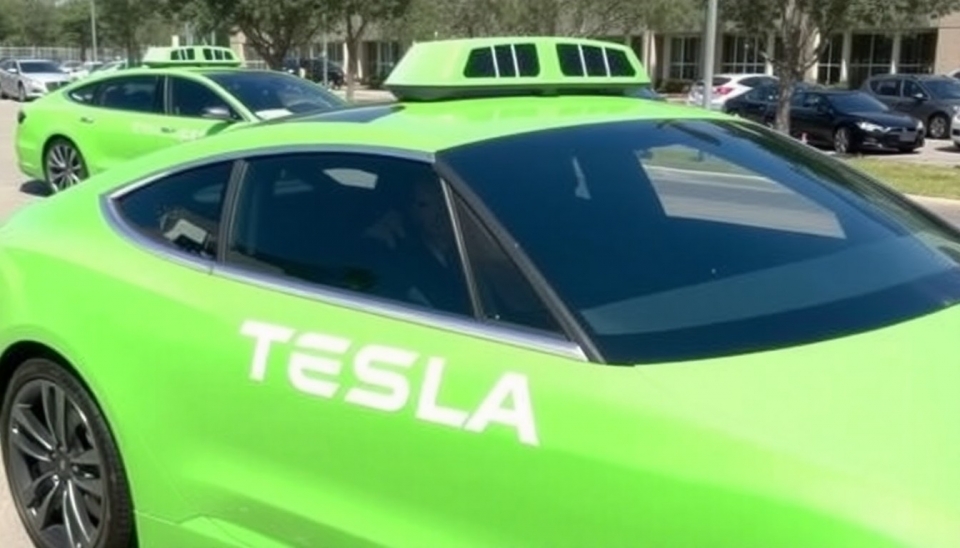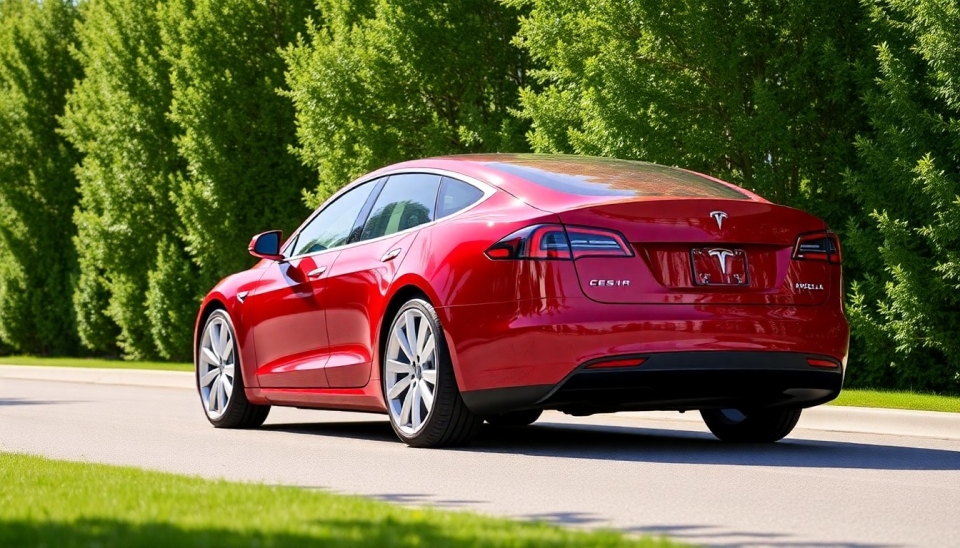
In a significant development that could reshape the operational dynamics of the U.S. government, tech entrepreneur Elon Musk has publicly announced his exploration into the potential integration of blockchain technology aimed at enhancing governmental efficiency. This initiative signals Musk's continued influence in the technology sphere and his persistent interest in leveraging cutting-edge innovations to tackle traditional systems.
The discussion around utilizing blockchain, a decentralized digital ledger system, comes at a time when many governmental processes are criticized for being ineffectively slow and susceptible to bureaucratic pitfalls. Musk, known for his transformative visions and ventures, believes that blockchain could offer the transparency, security, and efficiency necessary to streamline various government functions.
Musk's remarks were made during a recent conference where he outlined the advantages that blockchain could potentially bring to sectors like public records management, voting systems, and even tax collection. He pointed out that implementing such technology could lead to a significant reduction in the red tape that often encumbers government operations, thus allowing for more agile policymaking and service delivery to citizens.
At the conference, industry experts echoed Musk's sentiments, emphasizing the need for modern technology in public sector operations. They highlighted that blockchain's immutable nature could ensure the integrity of data while enabling more efficient tracking of governmental transactions. The potential for reduced fraud and increased accountability were also major talking points among proponents of this technology.
Despite the optimism surrounding blockchain, there remains skepticism about its practical implementation within existing frameworks of government. Critics have raised concerns regarding the initial costs of adopting such a system and the complexities involved in transitioning from traditional methods to a blockchain-based approach. Additionally, issues surrounding data privacy and security have been prominent in discussions among lawmakers.
It's worth noting that Musk's interest isn’t solely based on personal ambition. His vision aligns with a growing trend among tech leaders advocating for the modernization of government processes through technology. As discussions continue and potential pilot projects are explored, the dialogue surrounding blockchain's role in government is expected to intensify in the upcoming months.
In conclusion, Musk's exploration into blockchain technology as a means to improve U.S. government efficiency is not just a reflection of his penchant for innovation, but also a potential indicator of a broader shift towards embracing technological solutions in governance. As stakeholders from various sectors engage in this discourse, the future of how government operates may very well hinge on the outcomes of these conversations and experiments with blockchain.
With all eyes on this initiative, the implications of successful blockchain integration could set a precedent for how public institutions utilize modern technology moving forward.
#ElonMusk #Blockchain #GovernmentEfficiency #InnovativeTechnology #PublicSectorReform #DigitalTransformation
Author: Sophia Reynolds




